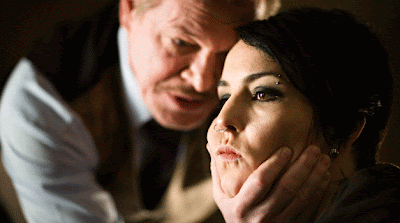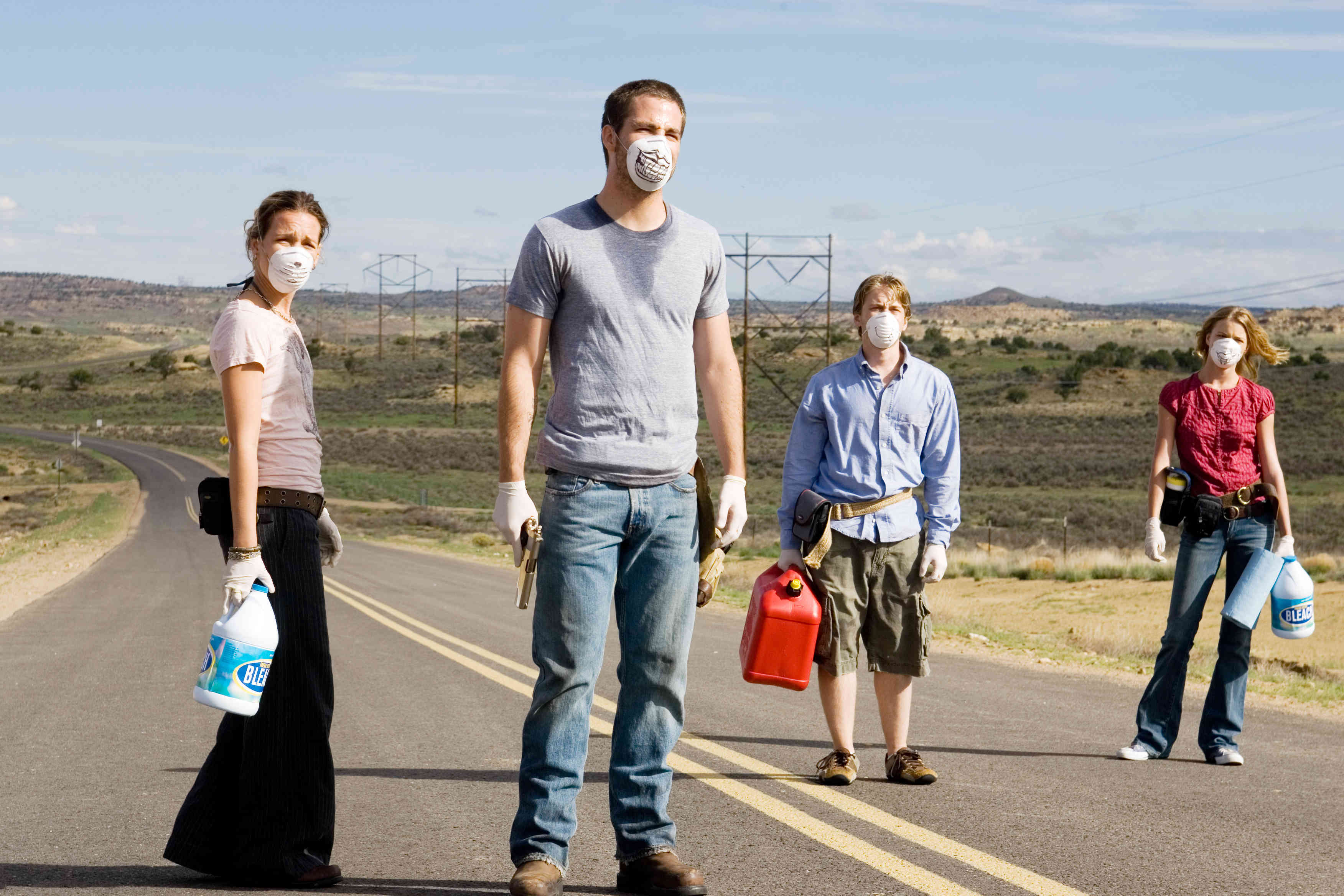Contrary to popular (American) belief, we do not have the world's premier healthcare service. While many specialties and procedures are renowned for in the U.S., the vast majority of Americans receive sub-par medical care. In fact, 100,000 patients die from medical malpractice every year in America and the U.S. is ranked 37th by the W.H.O. for healthcare, right above
Slovenia.
While, I normally skirt around polemics like Michael Moore, the looming, controversial issue of healthcare reform in the states, my grandmother's ailing health, and my recent interest in health care issues (I'm currently reading Nutrition and Physical Degeneration by Weston Price, MS., D.D.S., F.A.G.D. and and Surviving Your Doctors: Why the Medical System Is Dangerous to Your Health and How to Get through It Alive by Richard S. Klein, M.D.) made it impossible for me to ignore this seminal documentary. So many of my peers had seen it and discussed it that I felt I had to give it a viewing before judging it or its creator.
A lot of the documentary was old pat for me as I've known of the ills of private HMOs, but the darker aspects of it — like its inception by Kaiser and Nixon was new for me. It was news to me that Hillary Rodham Clinton had attempted to implement universal health care in the states during the Clinton regime but failed due to the financial and political clout of HMOs (and is now the 2nd highest recipient of HMO contributions). Also, it was shocking to find out how people in other socialized countries like Cuba, Canada, England, and France have much lower infant mortality rates and much longer life spans than Americans. In fact, the poorest English person still has on average a higher life span than the wealthiest American. "A baby born in El Salvador has a better chance of surviving than a baby born in Detroit." These facts are disturbing to say the least. (For those inherently skeptical of statistics coming from a Michael Moore film, here's a
website just for you.)
I liked the amusing albeit sobering anecdotes in the beginning from normal Americans. One man had accidentally sawed off the tips of his middle and ring fingers in a construction accident. He wasn't insured so they gave him a choice: $60,000 to reattach the middle finger or $12,000 to reattach the ring finger. He was a romantic, so he chose the ring finger and now leaves his stubby middle finger for use in lame magic tricks for kids.
It was quite sad to be reminded of how we as a nation are treating the 9/11 volunteer aid workers. As we all know now in hindsight, inadequate protection from the toxic airborne fumes at ground zero has led to debilitating upper respiratory problems for these unfortunate American heroes. However, they are not getting the medical care they deserve because they were volunteers and not officially working for the state. In the documentary, in a rather bombastic fashion, they got the medical care they needed instead in communist Cuba, free of charge — after a failed attempt to get medical care from U.S. doctors at Guantanamo Bay.
I'm shocked that this movie was made in 2007, but it is so relevant even to this very day and people like me who have only heard about it in the past year. In England, they had National Health Services, since 1948, after the war, when the country was in shambles. So what excuse does the United States, have now not to have universal healthcare in the 21st century under the tutelage of Barack Obama?
I would suggest every American on the fence about healthcare reform to watch this film. For me, learning about other nations' systems was the most enlightening portion of the documentary. Some of my favorite scenes concerning this aspect, are not even included in the documentary, they're in the DVD's Special Features section (I particularly enjoyed watching these videos).:
"What if you worked for GE in France?"
(I couldn't find the full video posted on YouTube, so just rent the DVD because it's quite amusing and all the footage that is in the special features makes it well worth the rent! In case you were wondering, the laundry bit was an inside joke because in France the government provides a free nanny that cooks and does laundry for new mothers).
"This Country Beats France."
(I'm particularly impressed by harnessing sewage for renewable energy and by the government hiring a philosopher to gauge the most ethical usage of funds for the long-term.)
There's also a very good video called "Uniquely American" in the special features. Where a lady, who had already recovered from cancer, wasn't insured but needed a biopsy. In proactive, American fashion, she collects the money from the community through fundraising to pay for the test but finds that in the quagmire of US healthcare, things aren't so simple.
There's also an amazing (extended) interview with Che Guevera's daughter (Aleida Guevara) about the Cuban health care system. (This can be found in the "Interview Gallery" section.)
If you like topics concerning philosophy, I also highly recommend listening to the interview with Tony Benn (also found in the "Interview Gallery" section).












